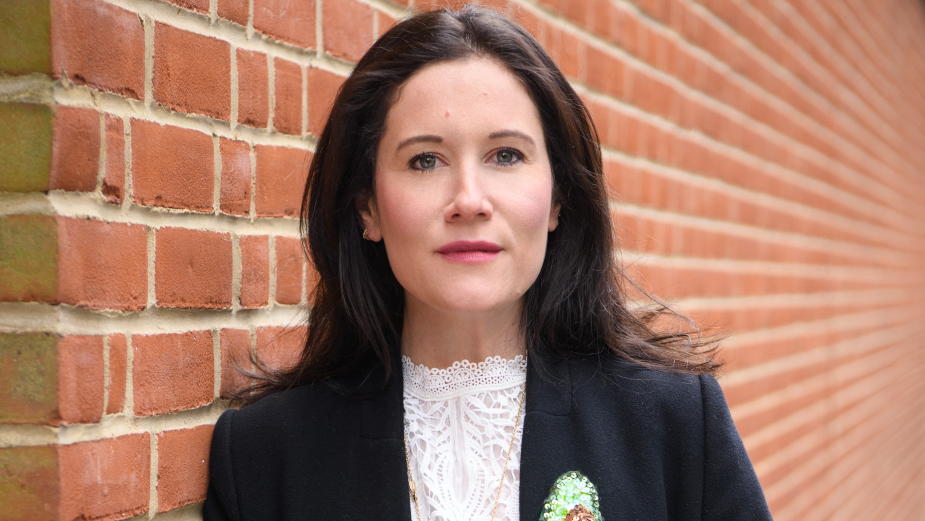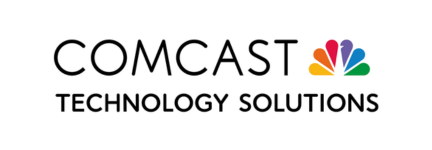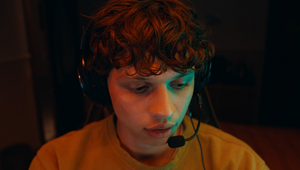
Production Line: Emily Marr’s Hands-On, Personal Approach

A year ago, Leo Burnett London welcomed Emily Marr back into the fold after 13 years, as she rejoined CCO Chaka Sobhani at the agency as chief production officer.
Her appointment saw her reunite with Leo Burnett’s Chaka for the first time since 2016, when they worked together at Mother. In between, she’d been production company-side, working as head of development at MJZ and helping to expand the company’s operations into new formats and content - including building their drama and comedy slate. During her time with MJZ, Emily was also responsible for creating relationships with the likes of Sky, ITV, BBC and Netflix.
At Mother, Emily worked as head of TV production across all the agency’s clients and oversaw the day-to-day production on award-winning campaigns for Moneysupermarket, Boots, Stella Artois and IKEA. Emily has also spent time in production roles at Grey and BBH after having started her advertising career at Leo Burnett.
Back at the London agency where it all began for Emily, she leads a production department that’s put out impressive and varied work for the likes of McDonald’s, Red Nose Day, Vision Express and ŠKODA.
LBB’s Alex Reeves asked her about the fundamentals of production in 2022.
LBB> If you compare your role to the heads of TV or heads of production when you first joined the industry, what do you think are the most striking or interesting changes - and what surprising things have stayed the same?
Emily> I was fortunate enough to learn under some of the very best heads of TV (as it was then very strictly known!). There were numerous reasons as to why they were so excellent, but the standout reason for me was that they all made time for their department. We all learn on the go and a good producer will be a sponge; learning from their peers, industry allies etc. but having a ‘present’ head of production (as it's now very strictly known!) is critical and hasn’t and should never change in terms of the importance. The type of learnings we impart, as ‘heads of’, may have changed due to the ever-evolving landscape of production – a more holistic knowledge is required now – but the hands-on, personal approach, in my opinion, has not.
LBB> A good producer should be able to produce for any medium, from film to events to digital. Do you agree or disagree with this statement? Why/why not?
Emily> The demand for integrated producers is, and has been for a while now, on the rise. For me, it’s important for producers to be able (and willing) to adapt to new ways of working and to constantly be out there educating themselves. Having a good balance is key. I’ve worked with some exceptional print producers who made me want to explore the brilliance of stills and I’ve worked with some mind bogglingly brilliant digitally led producers who made me feel like I was so backward in terms of the technology out there that I promptly pulled my socks up and learnt. The fact of the matter is we should all strive to educate ourselves but the phrase ‘Jack of all trades, master of none’ is there for a reason. There will always be an area which a producer gravitates more naturally towards. Some want to make huge kick ass TV spots whilst others want to access the metaverse and I think that’s the nature of the beast. As long as we are continuing to learn and being agile, that’s fine with me.
LBB> And leading on from that, when it comes to building up your team at the agency, what’s your view on the balance of specialists vs generalists?
Emily> Obvious answer is I am striving for a good balance. So, I’m going to go with I’m striving for a good balance.
LBB> What’s your own pathway to production? When you started out, what sort of work were you producing and what lessons have stayed with you in that time?
Emily> The first spot I produced on my own was for Shelter, with Armando Iannucci directing.
Some may argue that I should have just thrown the towel in then as that’s a hard one to top, but it ignited my passion to work with the very best people possible. Throughout my career I have always tried to put the craft first and, as we know, the quality of the craft quite simply comes down to the people working on the production. From the great and the well-established to the lesser known and up-and-coming, I have always strived to work with the best and most interesting people for the job. Also, it’s all about relationships. Literally. The number of times I have gotten myself into a pickle and, solely thanks to the brilliance of others, have managed to extract myself is extraordinary.
LBB> Clients’ thirst for content seems to be unquenchable - and they need content that’s fast and responsive! What’s the key to creating LOTS of stuff at SPEED - without sacrificing production values? Is it even possible?
Emily> I think it’s important to recognise that the best forms of social content are not supposed to look as slick and polished as our more traditional TV/film content. The output needs to feel fresh and a little homemade in order for it to be able to resonate with the user, especially if reactive content is required. Production values should never be sacrificed but a different production approach is required for social, from the idea to the finished product, in order to make it successful. Having a realistic client and an agile approach from a production point of view also helps.
LBB> How important is it to you that there is diversity across all partners on a production? Do you have any measures to promote diversity when it comes to production?
Emily> It’s extremely important that there’s diversity across everything we do. When it comes to production, we have a statement on our casting policy to ensure we not only support a diverse mix of talent, but also positively promote underrepresented groups, and avoid negative stereotypes. We work with Just Runners, who supply runners from diverse backgrounds who wouldn’t have a way into the industry through someone they know. Leo’s has also signed up to Free The Work, to champion underrepresented creators, and our internal DE&I collective are always looking at every aspect of our output to make sure that it’s as inclusive as possible.
LBB> Sustainable production is also, understandably, a big talking point and will continue to be so moving forward. How are you navigating this as an agency?
Emily> Leo Burnett are members of AdGreen (the production pillar of the Ad Association’s ‘Ad Net Zero’ which is the industry sustainability initiative to get to net zero by 2030). All our producers are trained via AdGreen in sustainable best practice which we adhere to on all our shoots. We encourage all our clients to sign up to the AdGreen carbon calculator and manage the process on their behalf. Publicis Groupe were founding members of AdGreen and Clare Donald, our Publicis Groupe UK chief production officer, sits on the steering committee. Beyond this, we have an Employee Action Group to engage across the board with external speakers, grassroots ideas and actions, and advice about how we can all employ carbon saving behaviours in our personal and professional lives.
LBB> What’s the most exciting thing about working in production right now?
Emily> Endless possibilities.
LBB> And what advice would you give to an aspiring agency producer?
Emily> Remember people’s names, have pride in what you do, be inquisitive.
Agility is key. As is a sense of humour.















